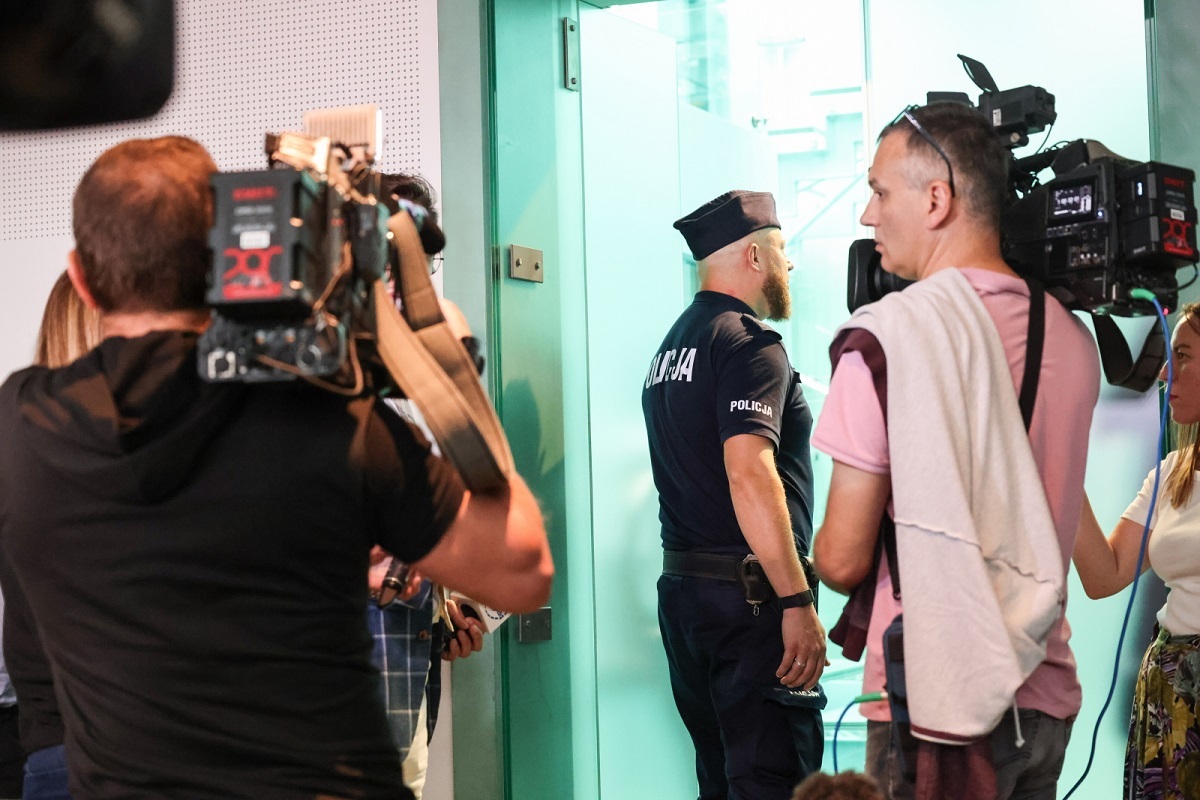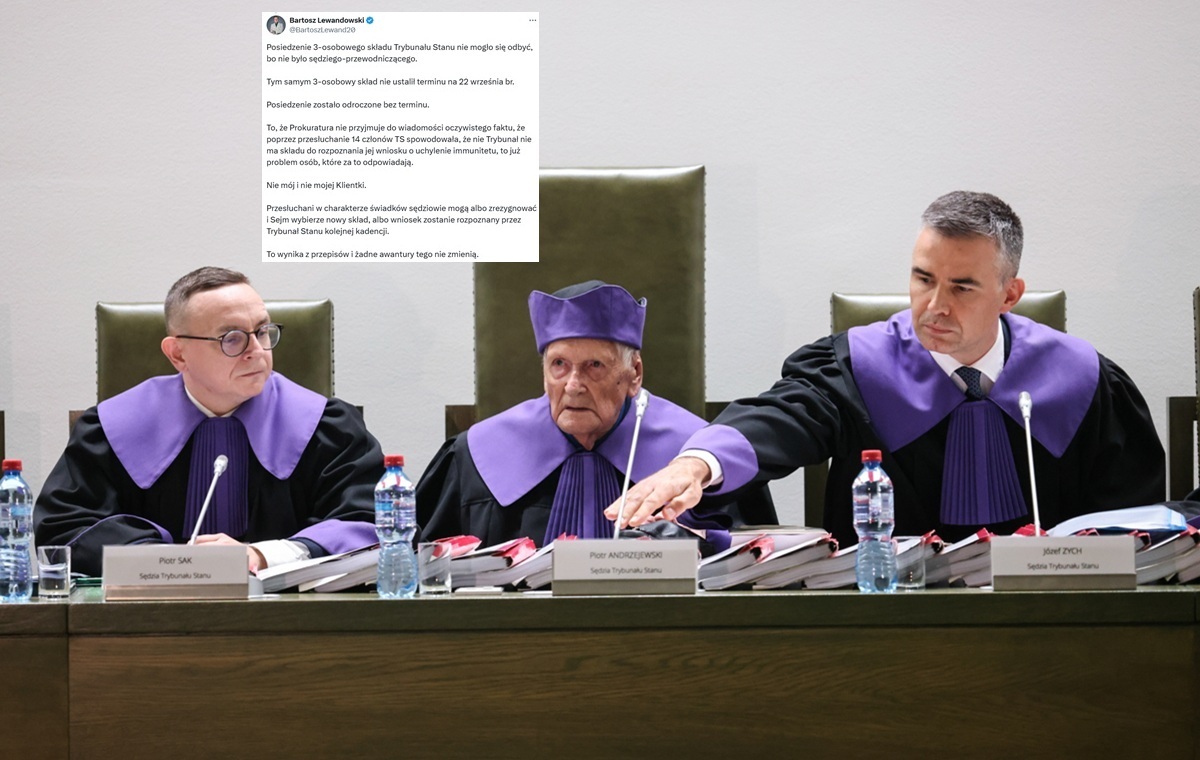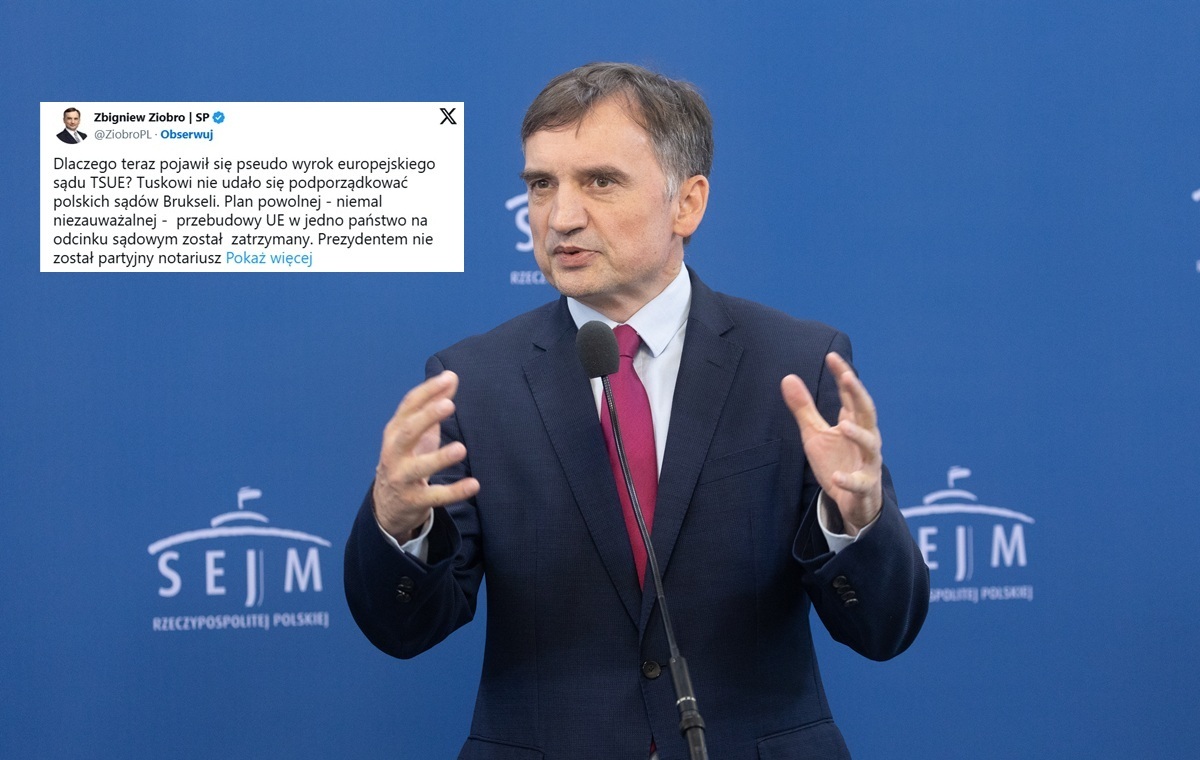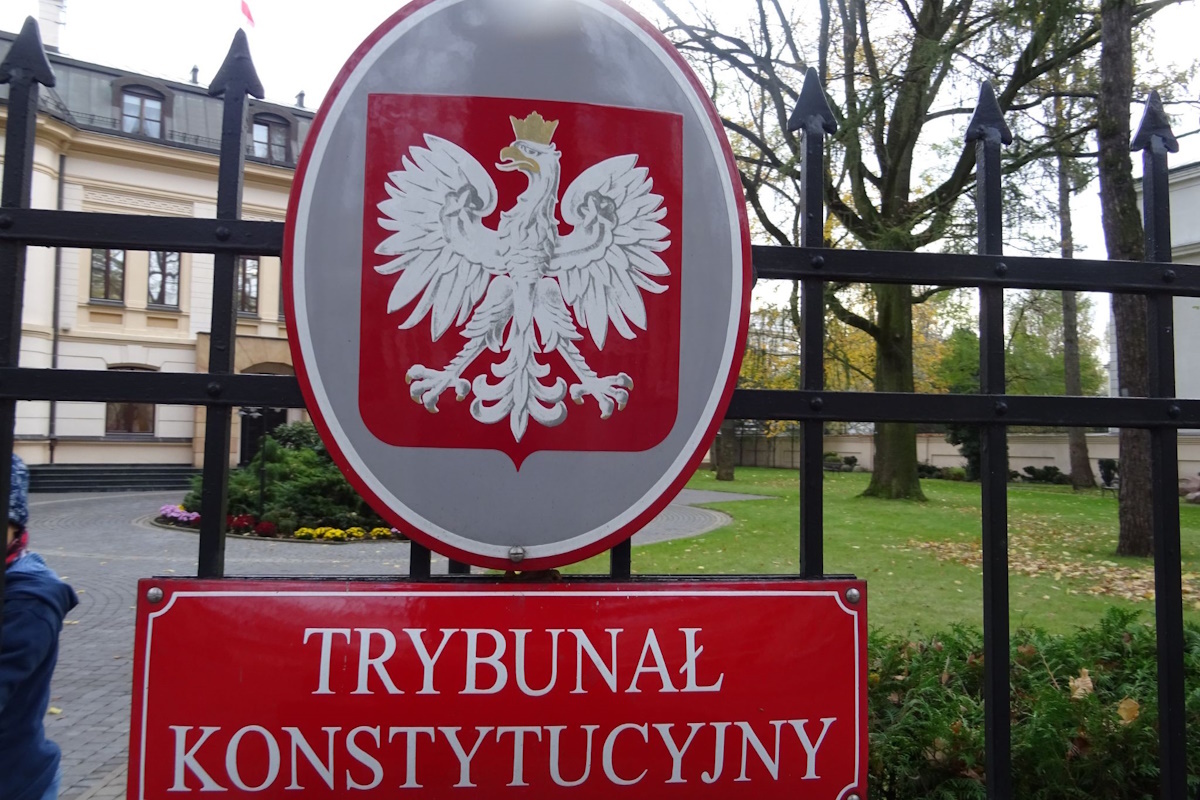The ETPC considered that the principles according to which Polish services may conduct surveillance violate human rights. specified a decision is the consequence of a complaint lodged by the mec. Mikołaj Pietrzak and activists of the Helsinki Foundation for Human Rights and the Panoptykon Foundation: Dominika Bychawska-Siniarska, Barbara Grabowska-Moroz, Katarzyna Szymielewicz and Wojciech Klicki.
Violation of human rights
They considered that their professional and public activities were likely to be subject to specified measures. Counselor Pietrzak claimed that uncontrolled surveillance was a hazard of breach of attorney-client privilege, as well as a threat to the right to privacy of his clients.
On the Tuesday judgment, the ECHR ruled that there was a violation of the Convention on Human Rights – the right to respect for private and household life and correspondence. The control strategy in force in Poland was considered insufficient to defend against possible abuses, and the authorisation procedure itself was not guaranteed to be applied in justified cases. Under the current rules, a justice who is to issue an authorisation for surveillance shall not be obliged to verify whether there is simply a reasonable suspicion that the individual to be subjected to it has planned or committed a crime. In addition, ETPC, like Mr Pietrzak, considered that the current rules do not favour the protection of professional secrecy of lawyers.
Today, a citizen can't even appeal the decision to supervise a justice and so ask to be checked whether the action taken against him was justified.
Judges under pressure?
As Wojciech Klicki recalled during the press conference, the complaint went to the ETPC before the Pegasus affair broke out, but she showed that “special services are a state in Poland”. "The intent of our complaint was to change this pathological situation in a democratic state," he stressed.
Counselor Pietrzak warned that citizens were deprived of resources to fight interference in private life. – We are completely helpless against this sphere of action of peculiar services and police, which is the most serious interference in our rights and freedoms today, in an era of powerful digital instruments allowing us to enter all sphere of our lives," he added. In his opinion, the court's agreement in the case of operational control management is illusory. If he refuses to give it, he must justify his decision. – The strategy motivates judges to massively consent to the inspection. But more importantly, the curious individual will never know that he was being eavesdropped, he will not be able to challenge the decision of the court," he said.
The complainants recalled that NGOs had prepared the social principles of the Service Control Act. The government expects a timetable for changes. 1 of the most crucial will be the establishment of an institution to oversee the activities of the services.
In consequence to the judgment, Minister of Justice Adam Bodnar declared his willingness to cooperate with the technological and non-governmental community and consult to make in Poland "a law that perfectly weighs various goods in conflict".
File signatures: 72038/17 and 25237/18
Wojciech Hermelinski
Judge at rest
The judgement of the ETPCz is part of the Polish Constitutional Court (file number: K23/11), which is the most crucial ruling concerning the services and the anticipation of their usage of surveillance. In the conclusions at the time, the lawyer General and the RPO argued that the services were given unspecified and almost unlimited opportunities to eavesdrop on citizens. In addition, the PG – usually a court-martial opponent of lawyers – stressed in its motion the request to respect the legal, counsellor, medical and journalistic secrecy during surveillance. TK then divided his position, and now he likewise ruled the ETPCz. The concerns of the complainant activists and advocates are confirmed today, as evidenced by further wiretaps by lawyers, MPs, prosecutors and judges. This proves that the services, or power, may have misused their powers. This was besides highlighted by the ETPCz, pointing out that the time erstwhile citizens are being subjected to surveillance is not defined or controlled at all, and, above all, is not served by the right to lodge a complaint and request information about the fact of surveillance.










